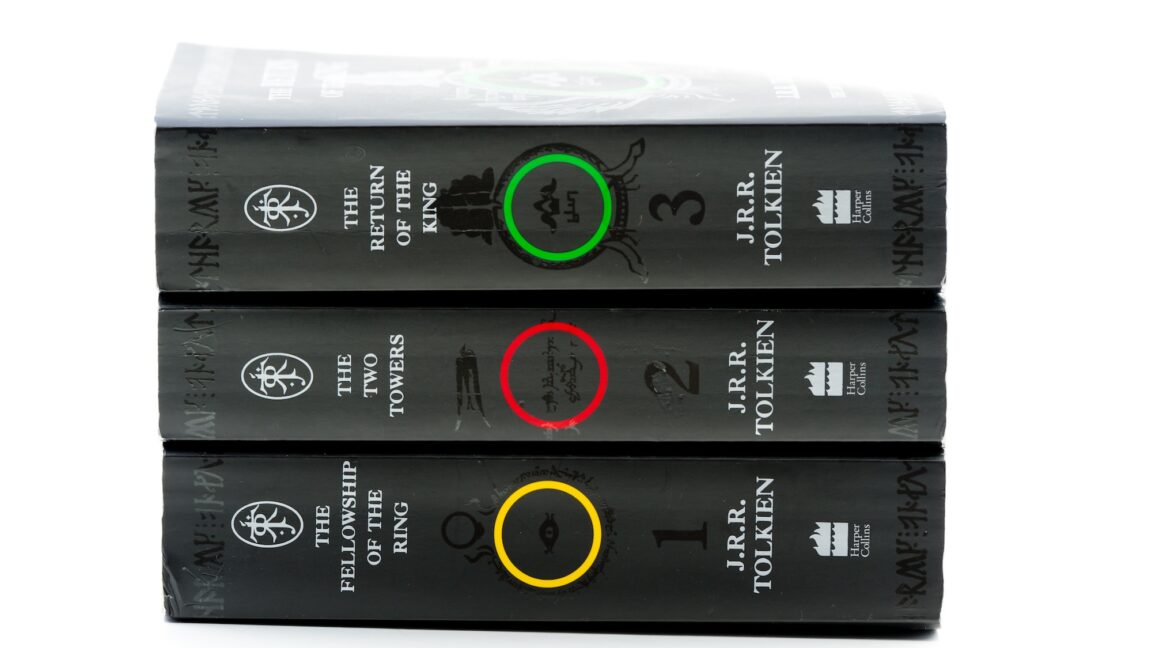Like Frodo himself, I wasn't sure we were going to make it all the way to the end of our quest. But this week, my family crossed an important life threshold: every member has now heard J.R.R. Tolkien's Lord of the Rings (LotR) read aloud—and sung aloud—in its entirety.
Five years ago, I read the series to my eldest daughter; this time, I read it for my wife and two younger children. It took a full year each time, reading 20–45 minutes before bed whenever we could manage it, to go "there and back again" with our heroes. The first half of The Two Towers, with its slow-talking Ents and a scattered Fellowship, nearly derailed us on both reads, but we rallied, pressing ahead even when iPad games and TV shows appeared more enticing. Reader, it was worth the push.
Gollum's ultimate actions on the edge of the Crack of Doom, the final moments of Sauron and Saruman as impotent mists blown off into the east, Frodo's woundedness and final ride to the Grey Havens—all of it remains powerful and left a suitable impression upon the new listeners.
Reading privately is terrific, of course, and faster—but performing a story aloud, at a set time and place, creates a ritual that binds the listeners together. It forces people to experience the story at the breath's pace, not the eye's. Besides, we take in information differently when listening.
An audiobook could provide this experience and might be suitable for private listening or for groups in which no one has a good reading voice, but reading performance is a skill that can generally be honed. I would encourage most people to try it. You will learn, if you pay close attention as you read, how to emphasize and inflect meaning through sound and cadence; you will learn how to adopt speech patterns and "do the voices" of the various characters; you will internalize the rhythms of good English sentences.




 Loading comments...
Loading comments...
